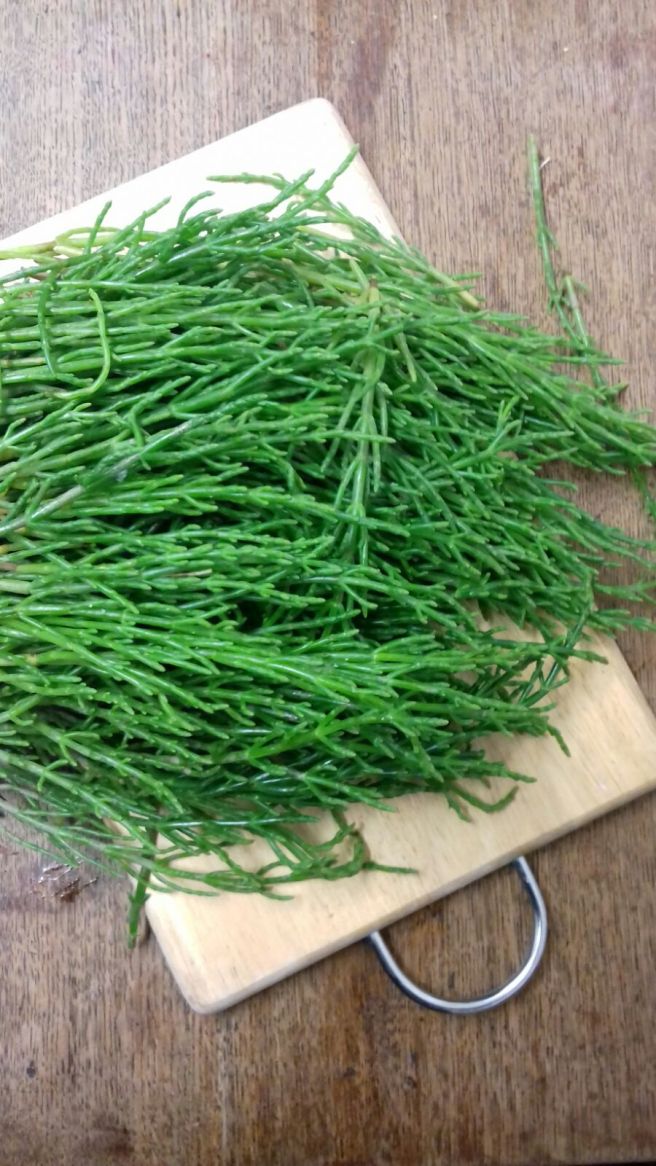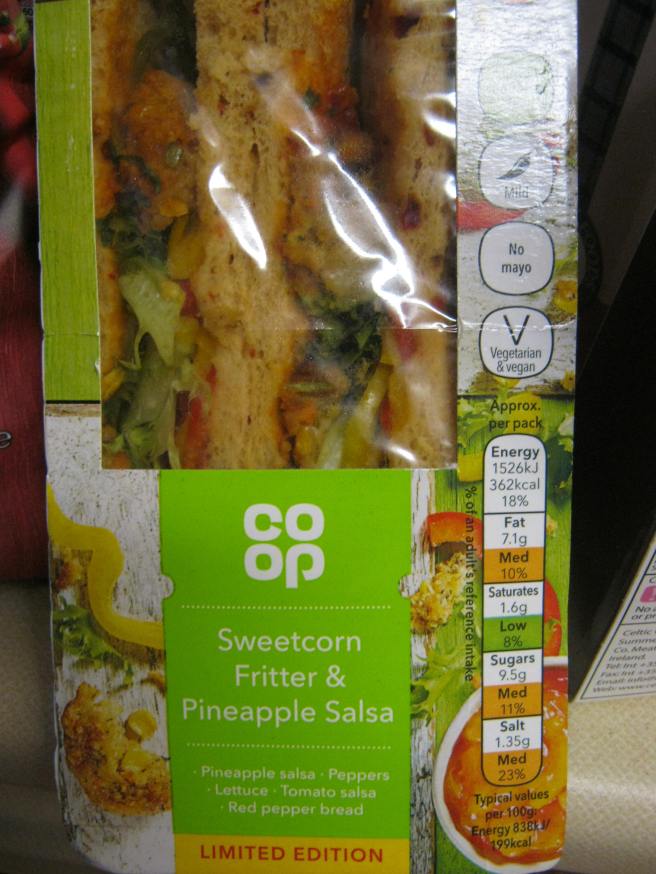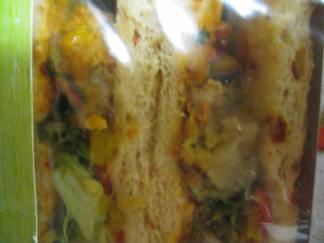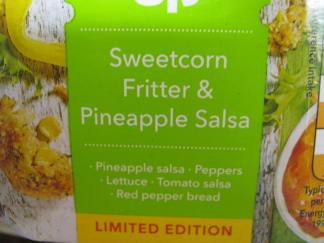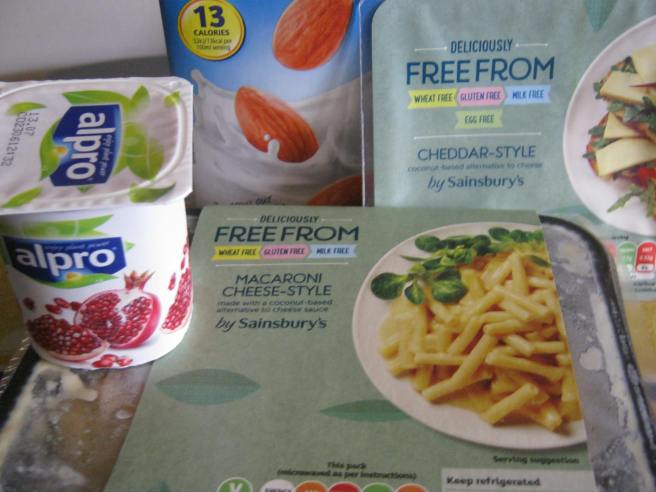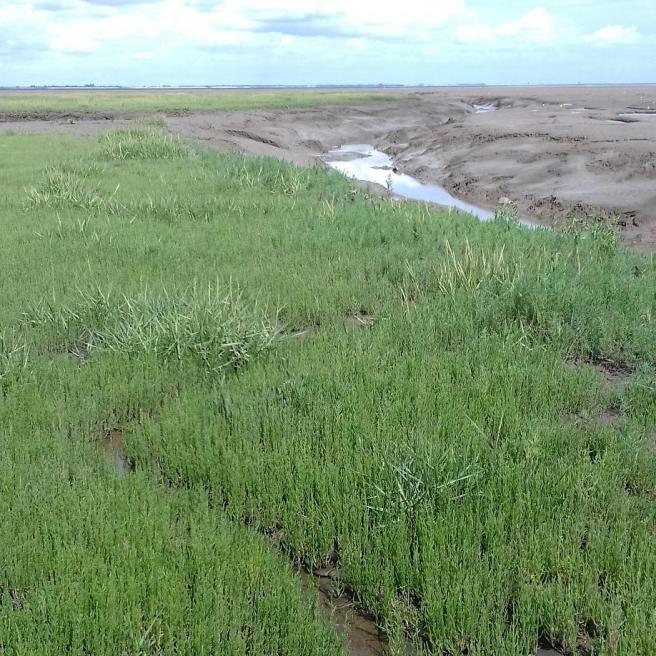
When I was a kid there was nothing I liked more than going samphire collecting.
Now I’m older, I recognise the health benefits of samphire as well as the value of something that tastes divine, is totally free and is a joy to forage. The health benefits of getting out in the natural world are legion, and the vast skies and calming bird song of the salt marshes are simply diving, exhilarating and relaxing.
There are two types of samphire, rock samphire is much more difficult to find, in fact, as its name implies, it involves rock climbing and putting yourself at risk. Marsh samphire is much easier to collect, as long as you know how far the tide comes in, when it comes in and look out for the creeks (natural sea dykes) as you walk – they can be several feet deep and are sometimes hidden by long grass. But they can be fun to jump over – and who doesn’t enjoy getting muddy?
Samphire is famous around Lincolnshire and Norfolk – further inland some people haven’t even heard of it, let alone tasted it. For those of us in the know, it is also referred to as the asparagus of the sea. It does resemble asparagus a little, but it’s smaller and bushier. It’s a rich green sea vegetable that grows on the marshes between June and August. Go out too early and the samphire isn’t big enough to harvest, too late and it doesn’t taste as nice.
To collect it, you simply cut the stalk near the bottom, leaving the roots in the marshland. If you pull it up by the roots, not only will you kill the existing plant, but it’ll be heavier to carry once you have a bag full and it’ll be harder to wash.
To eat samphire, you simply suck it off the stalk. It has a salty taste, but this should come as no surprise considering where it is found. As long as you wash it thoroughly, you can eat it raw – it’s nice with a salad. Stir-frying is another option, lightly toss it in some olive oil – I would add some sea salt and freshly-ground black pepper – and you have a tasty side dish, snack or sandwich filling.
I usually boil it for a while (around 10 to 15 minutes – until it slides easily off the stalk and has a tender texture), then eat it hot with dairy-free margarine and new potatoes. Restaurants often serve it as an accompaniment. I always cook far too much and leave the rest in the fridge for sandwiches over the next few days. There is also the option of pickling it in vinegar to preserve it over the coming months. I, personally am not too keen on the vinegary taste this produces, but many people seem do like it – and it means you can enjoy samphire out of season.
Samphire contains virtually no fat. It has 100 calories per 100 grams and it’s rich in minerals. It contains no saturated fat or cholesterol – which is surprising when something tastes so good. There is a small amount of sodium – 0.8 milligrams in 100 grams – something that is also surprising given its salty taste. It is rich in vitamins A, B and C and contains folic acid – all of which is good news, but there’s more. It can help cleanse the liver, aid digestion, relive flatulence and improve people’s moods and alertness.
You can in fact buy your own samphire seeds now, for sowing between February and May, and even your own samphire plants, you will, of course, need light, sandy soil, but it reseeds itself and so will grow year on year. I haven’t tried to grow my own, so I don’t know if it tastes as good as the foraged stuff. You can sometimes find it for sale at fish mongers and farmers’ markets – but why pay for something you can go and get for free yourself?
And where I go to collect it, the marsh is surrounded by blackberry bushes – so there’s free pudding as well for the excited foragers.
